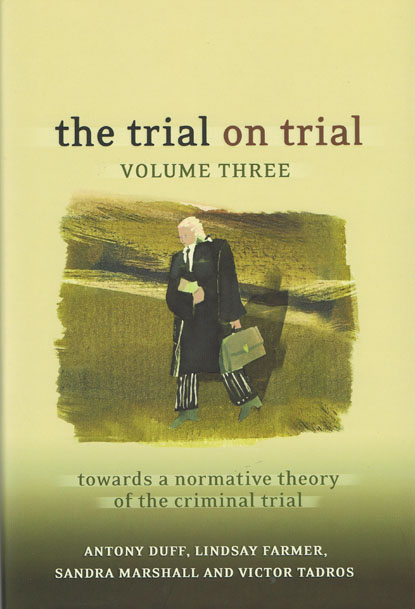
The criminal trial is under attack. Traditional principles have been challenged or eroded; in England and Wales the right to trial by jury has been restricted and rules concerning bad character evidence, double jeopardy and the right to silence have been substantially altered to 'rebalance' the system in favour of victims. In the pursuit of security, particularly from terrorism, the right to a fair trial has been denied to some altogether. In fact trials have for a long time been an infrequent occurrence, most criminal convictions being the consequence of a guilty plea.
Moreover, while this very public struggle over the future of the criminal trial is conducted, there is also a less publicly observed controversy about the significance of trials in modern society. Trials are under normative attack, their value being doubted by those who seek different kinds of processes - conciliatory or restorative - to address the needs of victims and move away from the imposition of state power through trials and punishments.
This book seeks to develop a normative theory of the criminal trial as a way of defending the importance of trials in our criminal justice system. The trial, it is suggested, calls defendants to answer a charge and, if they are criminally responsible, to account for their conduct. The trial is seen as a communicative process through which the defendant can challenge claims of wrongdoing made against him, including the norms in the light of which those claims are made.
The book develops this communicative theory by first making a careful study of the history of trials, before moving on to outline the theory, which is then developed through chapters looking at the practices and principles of trials, alternative regulatory models, the roles of participants, the relationship between investigation and trial and trials as public forums.